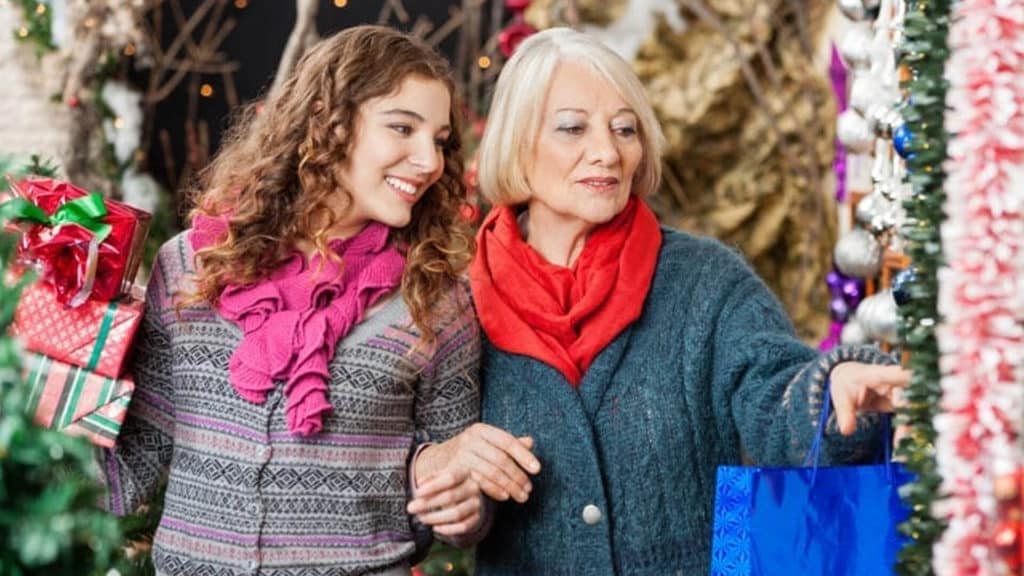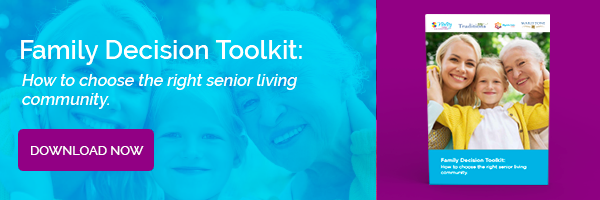Most people think of the holidays as a fun and festive time of the year. But for older adults, especially those who may have recently experienced a loss, the holidays can be anything but festive. It’s important for family members to learn the signs of the holiday blues and how they can help an older loved one overcome them.
The Holiday Blues: The Warning Signs a Senior is Suffering
If you know the signs a senior loved one is suffering, you can intervene early and prevent a small problem from becoming a big one.
Here’s what to watch for this holiday season:
- Lack of interest in family gatherings and activities
- Unintended weight gain or loss
- Avoiding religious services they’ve always attended
- A change in disposition such as becoming quick to anger or easily agitated
- Giving up long cherished volunteer work, pastimes, or hobbies
It’s important to watch for subtler signs that might indicate a senior is feeling blue: an increasingly sedentary lifestyle, an untidy house, or a less tidy personal appearance.
How to Help a Senior Overcome the Holiday Blues
Here are a few ways you can help an older adult you love overcome a case of the holiday blues:
- Spend time together: Giving the gift of your time is one of the most meaningful ways you can help your loved one this holiday season. Whether it is wrapping gifts, addressing holiday cards, or shopping, include your loved one in even the smallest of holiday tasks. You might have to give them a little extra encouragement if they are reluctant to join you.
- Listen to their struggles: An older adult who has lost someone close to them in recent months might find the holidays to be too much. They may just need someone to quietly listen to their struggles without passing judgment or giving advice. The simple act of listening can go a long way toward alleviating a senior’s suffering.
- Encourage a healthy lifestyle: When someone is feeling a little down, healthy activities such as eating well and exercising can fall by the wayside. Comfort foods and too much time in front of the television can generally make a case of the blues worse. Try to find time to exercise with your senior family member a few times a week, and help them stick to a healthy diet.
- Try to get outside: A lack of sunlight can leave most people feeling a little down. For a senior who is already struggling, spending all their time indoors might turn a mild case of the holiday blues in to something more serious like depression. Encourage your loved one to spend a small amount of time outside each day soaking up the sunlight. It might be by talking a quick walk around the block or just sitting on a bench enjoying the birds.
Advice for the Family Caregiver
We know the role of family caregiver can leave adult children feeling a little uncertain and insecure. That’s why we created the Vitality Senior Living Caregiver’s Checklist. It’s designed to help adult children who are learning how to support an aging parent’s needs. You can download it at no cost to learn more.




